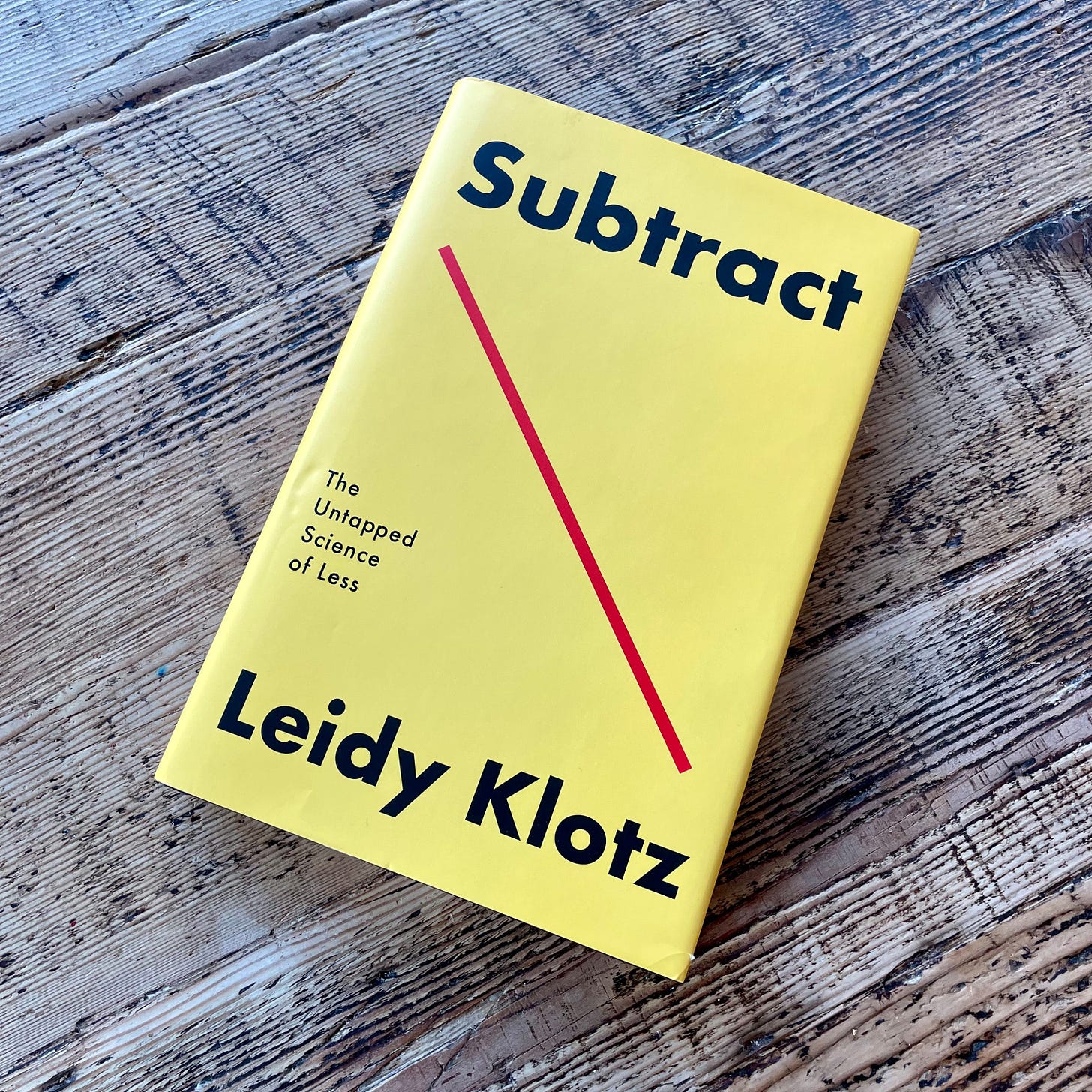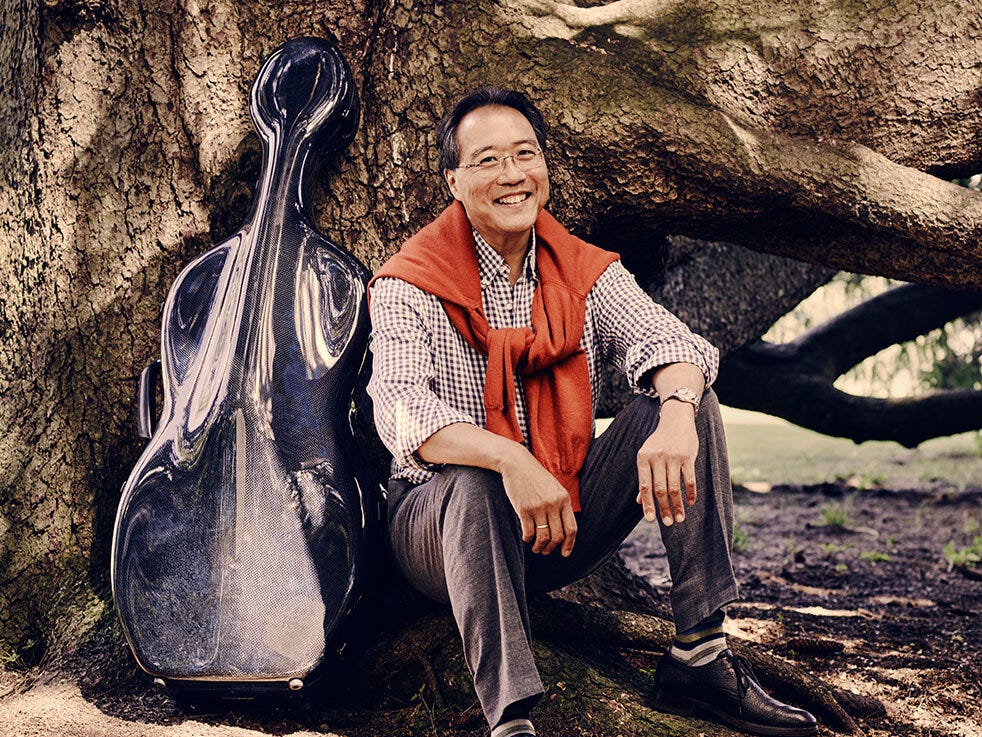Master More with Less like Yo-Yo Ma
Yo-Yo Ma immersed himself in deeply understanding Bach’s cello compositions—a choice to do less that paved the way to more mastery.
Do you look for more information before applying what you already know?
Do you start new projects without phasing out the old ones?
Do you juggle more tasks now than in the past?
If so, then you may want to master the untapped science of less.
A series of eperiments published in Nature revealed that our so-called ‘additive bias’ blinds us from subtracting from what is already there—even when it is the better option.
As Leidy Klotz (Professor of Engineering) discusses in his book ‘Subtract’:
Subtraction is the act of getting to less, but it’s not the same as doing less. In fact, getting to less often requires doing—or at least thinking—more.
In one experiment, participants were asked to improve a mini-golf course. They had three options:
Add elements e.g. introduce a windmill,
Subtract elements e.g. remove the sand trap,
Neither add or subtract elements e.g. reverse the course.
Nearly everyone chose to add elements by default.
Yo-Yo Ma’s Path to Mastery
The famous cellist Yo-Yo Ma won 19 Grammy Awards, but he didn’t start with the cello.
Born to musician parents, he tried drums, violin, piano, and viola—but ultimately chose to play the cello at age four.
When he was three, Yo-Yo Ma wanted a big instrument. Initially, he asked for a huge double bass but settled for a 1/16 cello, which his father—a professor of music at Nanjing National Central University in Taiwan—arranged for him.
How did focusing on this one instrument drive his extraordinary success?
A clue lies in a session Yo-Yo Ma recorded with NPR.
He mentioned that the first song he learned when he was four was the Prelude from Suite No. 1 by the legendary composer Johann Sebastian Bach. Ma describes Bach as “musical DNA” that can change with each viewing.
“For people who re-read books, the second or third time, it’s always different! You see different things. The words haven’t changed, but you’ve changed, the environment’s changed. Therefore, your concept of the world has changed. Viewing that coded stuff [music as musical notes, i.e., sheet music], that changes, too.”
Later in his career, he realised that depth—not more musical experiences—was the key to mastery. So he returned to Bach's Cello Suites, recording them in 1983 with a precision that captivated the world. This wasn’t nostalgia; it was a focused dive into a single body of work, leading him to unparalleled acclaim in the music industry.
One seemingly simple choice to focus on a single instrument set him on a quest to mastery—where less multiplied into more success.
In 1998, Ma expanded his focus from solo mastery to collective impact, founding the non-profit Silkroad to bridge diverse cultures through music. Through 80 commissioned pieces and cross-cultural partnerships, he transformed 'less' into a global collection of 'more.'





